Criminals pressed into ‘Prislam’ as al-Qaeda, IS target Supermax
Criminals are being pressed into an extreme form of Islam — dubbed Prislam — in our jails, while al-Qaeda and IS have been discovered trying to make contact with terrorists held at our highest-security prison.
Police Tape podcast
Don't miss out on the headlines from Police Tape podcast. Followed categories will be added to My News.
- 100 terror threats who want to destroy this country
- Reviled woman-killers face off in jailhouse brawl
Affiliates of the al-Qaeda and IS terror groups have been discovered attempting to make contact with terrorists held in Australia’s highest-security prison, the Goulburn Supermax.
Revelations that some extremely high-risk, restricted prisoners have been targeted for contact by the groups come as it has also been disclosed some al-Qaeda era terrorists serving long sentences remain “dogmatic” and are still “considered to pose a very high risk to national security”.
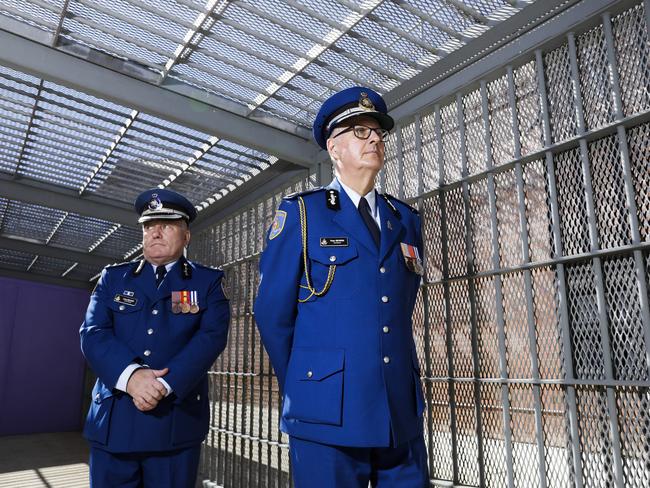
Corrective Services NSW Commissioner Peter Severin told True Crime Australia “there certainly have been situations where people have tried to make contact”, in an interview after opening a new, purpose-built maximum security prison unit at Goulburn dubbed Supermax 2.
But Mr Severin said close monitoring of all communications inside the Supermax had thwarted those attempts by terror networks to engage with the prisoners.
Operation Pendennis: The night we dodged an Australian 9/11
Ahmed Merhi: Death row Aussie’s plea for legal aid refused
He said there were two waves of terrorists held in the Supermax that were quite different from each other.
“With the al-Qaeda terrorists, we had people who were radicalised and then committed crime. With the IS terrorists, we had people who were criminals who radicalised, and that is the big difference,” he said.
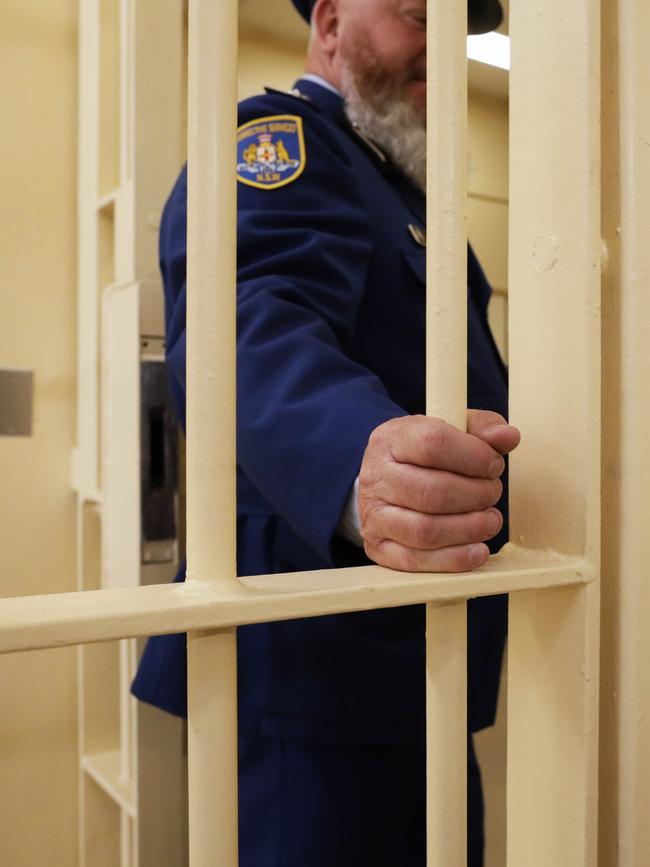
“But the IS terrorists are not as dogmatic or as trained as the AQ terrorists were. They have not gone overseas to be schooled and trained.
“We need to be very careful about dispersal and centralisation, particularly with IS terrorists, we found that they are part of networks that were not just terrorist networks, but what could loosely be called crime networks.”
The Supermax 2 is already being seen as a model for the rest of the world, and Australia is at the forefront of a global examination of radicalisation and deradicalisation, leading a taskforce set up by the International Corrections and Prisons Association.
Mr Severin, who is the vice president of the association, said there were prisoners who harboured radicalised ideas based on all sorts of influences.
“We want to break that,” he said, “But our approach will not be limited to one particular group.
“I would say our experience (with deradicalisation) has been mixed.
“There are some who are exceptionally dogmatic and have not let go of that. And we have some who have successfully transitioned and been released and are now holding down a job and have a family.”
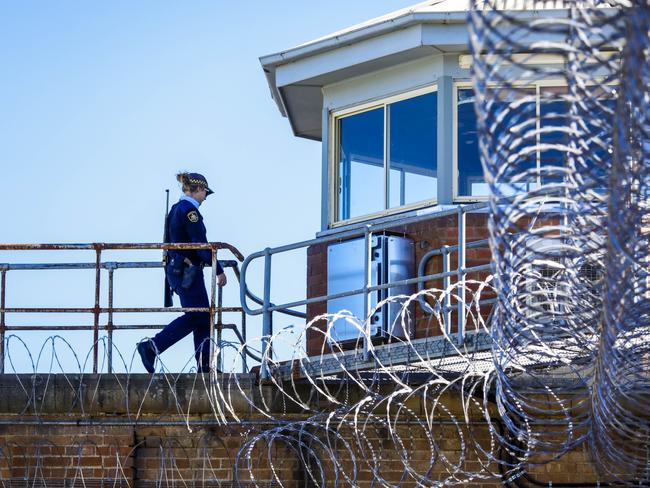
WELCOME TO PRISLAM
Criminals entering the prison system are being radicalised by extremists, pressuring them “to pick a side” and adopt “Prislam” while in jail or face hardship.
Former counter terrorism cop Peter Moroney said while there had been some success in deradicalising some Islamic fanatics in prison, there were more being turned to hate Australia and its values.
When asked if the prison system was developing radicals Mr Moroney, a founding member of the NSW Police Counter Terrorism Command, replied “absolutely”.
“Plenty of academics will shout me down and that’s okay, I can only talk factually from what I know and what I’ve done,” he told True Crime Australia’s Police Tape podcast.
He said he had run “multiple, dozens and dozens of human Islamic sources that we’ve turned and they feed us information”, so police knew what they faced on entering prison.
“When we first put out there the very first run of terrorists into prison, we only had, at that time, maximum security. And guess where they went and guess how they congregated?
“The hatred bred and grew, and from many conversations I’ve had with inmates, irrespective of their background or their political views, they’ve told me that as they’ve entered prison they’ve got two choices to make — which side do I go to, Christianity or Islam or a certain other ethnic or nationality, and they’ll hover to where the protection is.”
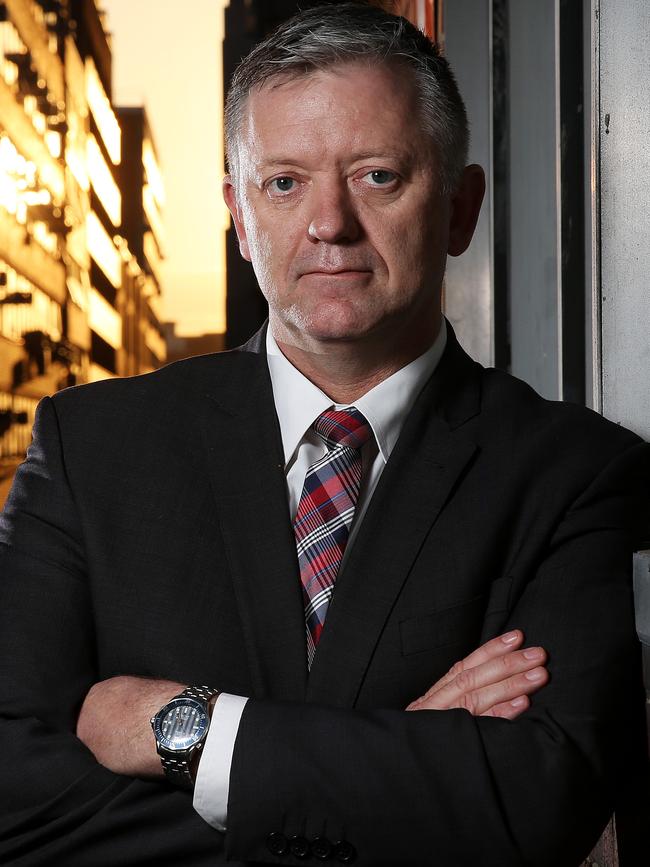
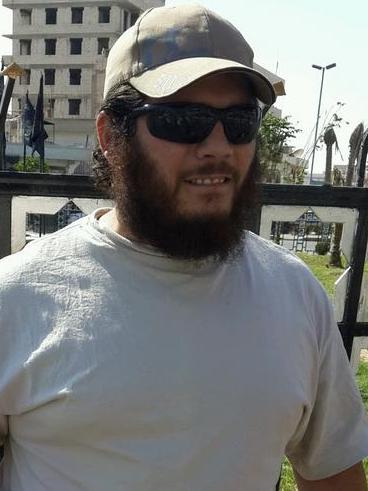
He said deradicalisation has worked but not for everyone, citing the case of Khaled Sharrouf who was jailed in 2005 for his extremist beliefs and terror plot before being released four years later. He fled the country on a false passport in 2013 with his five children and turned up in Syria fighting with ISIS.
A prisons insider said without doubt Muslims and non-Muslims alike were being conned by other inmates into joining Prislam, a warped version of the Islamic faith with extremism at its core.
“It’s like they are being groomed, like how paedophiles work, getting targeted and they are even telling people not to trust other Muslims … it’s a dangerous sect,” they said. “Being criminals they have a perverted view on authorities, religion … and so it’s like Outlaw Motorcycle Gangs, they join for a sense of belonging to find some comfort while here.”
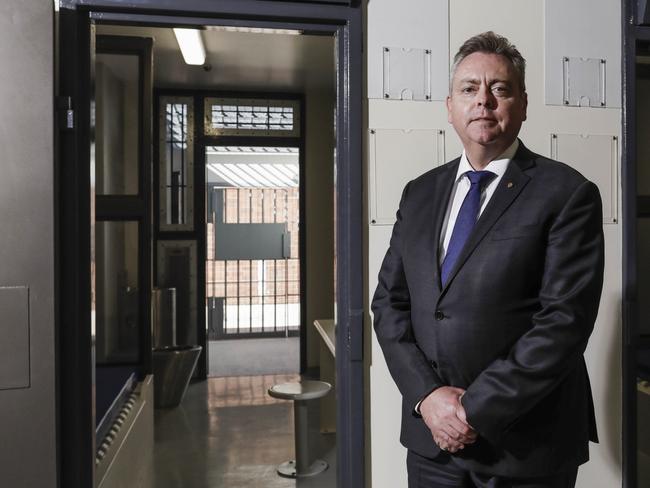
Prisons across the country are employing full-time moderate imams to deradicalise inmates and stop the rot.
NSW Counter Terrorism and Corrective Services Minister Anthony Roberts said there were deradicalisation programs, and the new Supermax 2 facility would help separate the influencers from others.
“The rotten or bad apple in the barrel affects the other apples, so the ability to remove somebody that is a threat to other inmates, not just physically but also from a radicalisation point of view, is important,” he said.
CHANGING MINDS
Many convicted terrorists in the Supermax are embarrassed and repentant, according to Muslim prison chaplain Ahmed Kilani.
The Sydney cleric, who ministers to the State’s most high-risk prisoners in the Goulburn Supermax, Lithgow, Bathurst, and Long Bay jails, said many of them had fallen into radicalised or extremist behaviour because of their limited understanding of Islam.
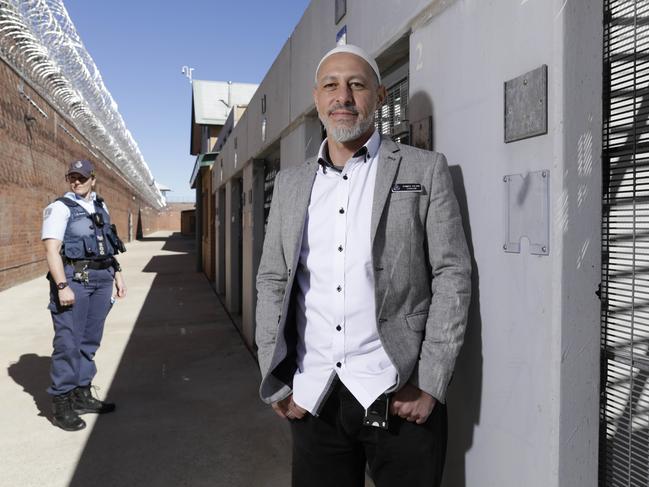
“I see so much regret. Prisoners saying, ‘I have ruined my life … I know now I was wrong and I am embarrassed’,” said Mr Kilani.
“When you focus on the ideology-driven prisoners, you find there are others issues in the background like dysfunctional families, mental health issues, drug and alcohol problems.”
He said kids, Muslim and otherwise, who were already questioning where they fit into the world were often preyed upon and manipulated by others.
But Mr Kilani said the multidisciplinary approach taken in the prison environment to encourage prisoners to disengage from violent behaviour was having some success.
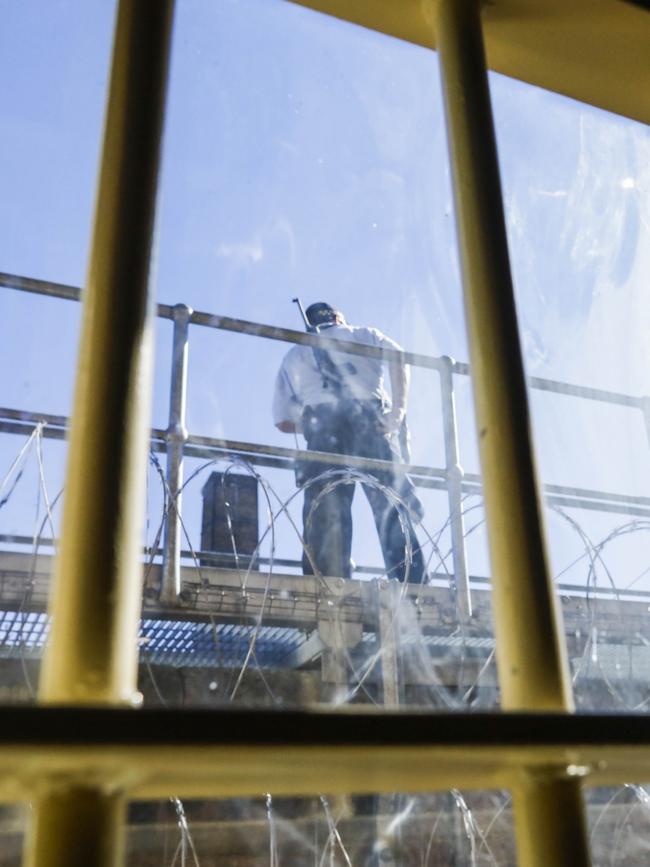
He believes the “jail culture” at Goulburn Supermax where convicted terrorists are held, is not a hotbed of radicalisation but a place where inmates want to “belong”.
Already two of the high-profile Pendennis terrorists convicted in 2009 of plotting an attack in Sydney have been released back into the community and are living productive lives.
Mr Kilani is one of six male and one female Muslim chaplains employed in recent years across NSW prisons to counter extremist behaviour and give spiritual guidance to the prison population. Out of 13,400 inmates in NSW jails, 1400 of them are Muslim.
Disengagement and other programs are voluntary in the prison and the prisoners who don’t want to engage are not forced.
“Jail is full of a lot of people who have made silly mistakes — but they can be reformed,” said Mr Kilani.
FACES OF TERROR
Six of the nine terrorists convicted in NSW after Operation Pendennis on terrorism charges remain in the nation’s most secure prison.
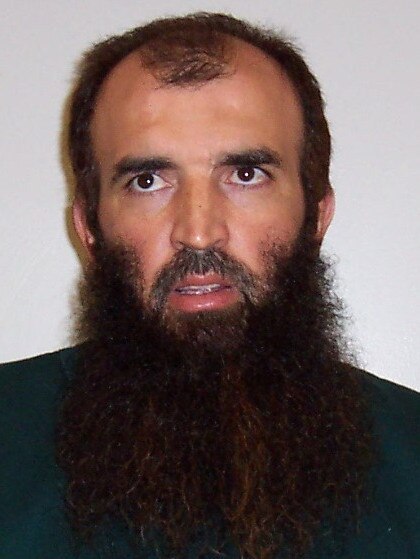
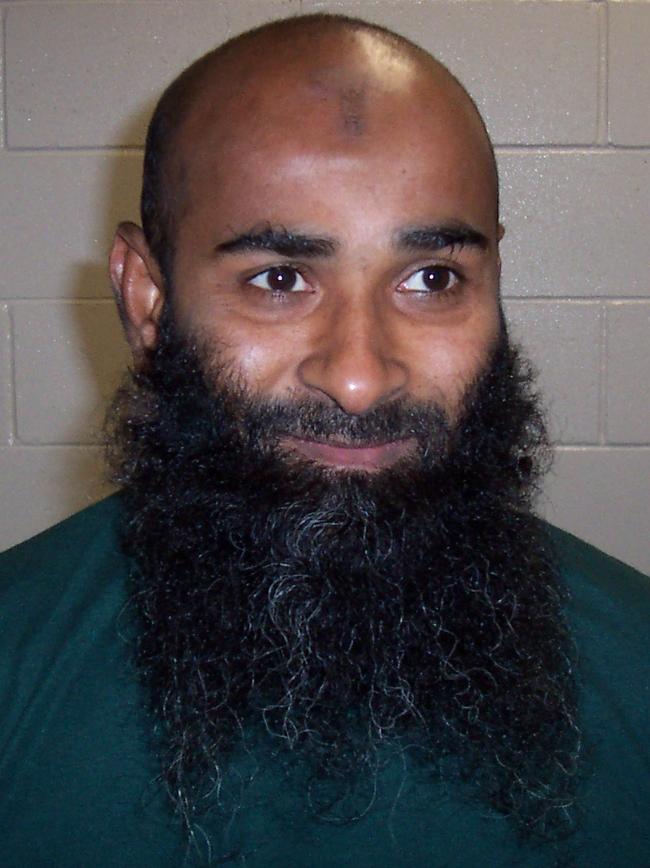
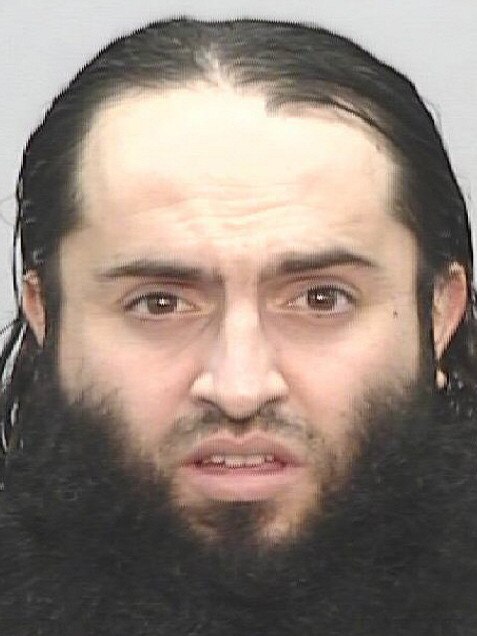
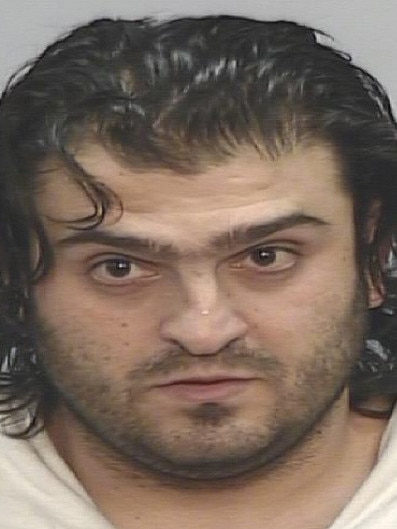
Their sentences are:
Mohamed Ali Elomar, 28 years jail;
Abdul Rakib Hasan, 26 years;
Khaled Cheikho, 27 years;
Moustafa Cheikho, 26 years;
Mohammed Omar Jamal, 23 years;
Omar Baladjam, 18 years and eight months.
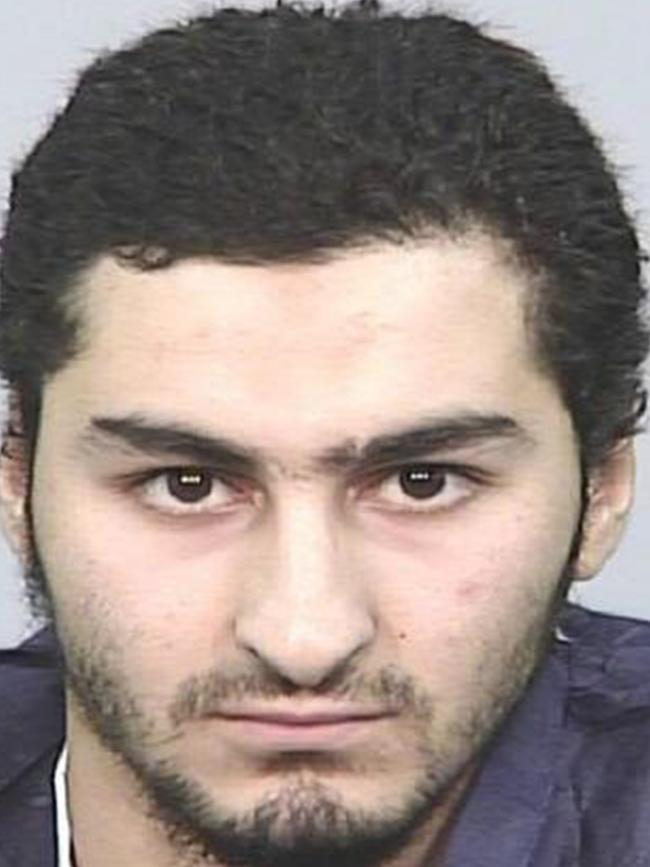
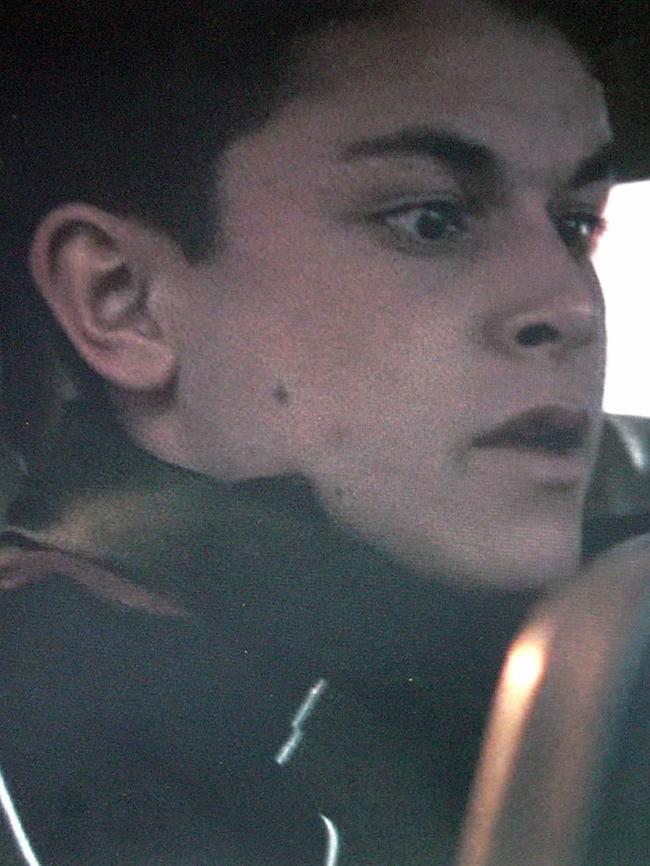
THE NEW SUPERMAX
Supermax 2 — the most secure facility ever built in Australia, with multiple levels of surveillance, and security including electric fences, cameras and movement sensors — will house high-risk prisoners and keep them away from the rest of the prison community while engaging them in deradicalisation programs.
Mr Severin said the new centre would allow a staged management regimen if it was believed the prisoners warranted less restrictions.
All high-risk prisoners will be subject to external assessments by the AFP and ASIO as well as prison psychological reports to determine whether they are suitable before any are moved to the new Supermax.
Mr Severin said it was a step towards more integration and engagement for the prisoners, but without the possibility of infecting the rest of the prison population.
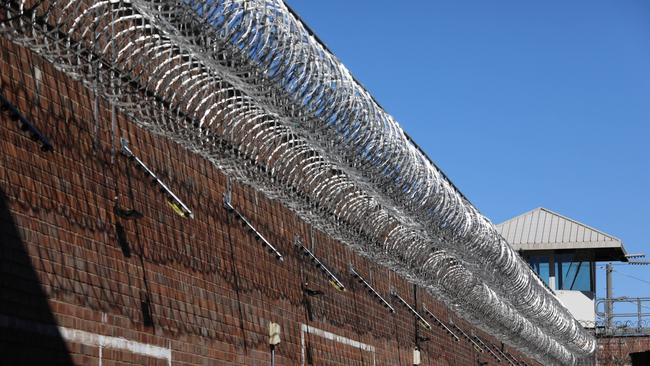
MORE FROM POLICE TAPE:
